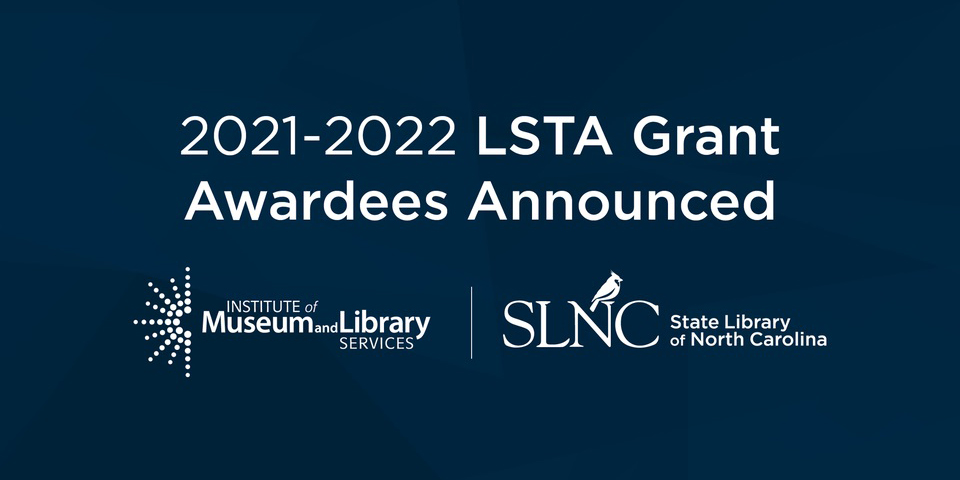J. Murrey Atkins Library, in partnership with seven state university libraries, has been awarded a $49,414 grant to create an interinstitutional mobile hotspot lending program. The grant will enable partner libraries to procure a pool of 75 Verizon mobile hotspot devices, cover monthly service fees for 12 months, and loan these devices to students, faculty, and staff who are dispersed throughout the state of North Carolina and have unreliable Internet. The partnering NC university libraries are UNC Charlotte (lead), Appalachian State University, East Carolina University, Elizabeth City State University, UNC Asheville, UNC Pembroke, and Winston-Salem State University.
Dr. Rebecca Croxton, the head of assessment at Atkins Library, served as the Project Lead on the grant proposal. She said the onset of COVID-19, campus closures, and the sudden shift to online learning and work in Spring 2020 made it clear that many of North Carolina’s students and employees do not have reliable internet at home, thereby impeding their ability to participate in courses, complete assignments, or fulfill work obligations.
“Though the physical campus provides internet connectivity, there are many individuals in the UNC Charlotte community and across the state who are not afforded the luxury of living or working on-campus,” said Croxton. “With these grant funds, Atkins Library, and other UNC system schools across the state, will be able to purchase and loan a pool of mobile hotspots that will help to level the playing field for many students, particularly for those for whom internet connectivity is a barrier.
Initially, this pool of hotspot devices will be divided equally among the partner libraries (12 per partner with 3 in reserve as backups) which will loan these devices to individuals who do not have reliable internet access in their homes and require this connectivity to participate in courses, complete coursework, or fulfill work obligations. The project partners will convene quarterly to review whether the number of devices held at each library should be adjusted to better fit their patrons' needs based on supply and demand.
This program is supported by grant funds from the federal Institute of Museum and Library Services under the provisions of the federal Library Services and Technology Act (LSTA). The LSTA grant program administered by the State Library of North Carolina funds library projects across the state that advance excellence and promotes equity by strengthening capacity, expanding access, and community engagement in North Carolina’s libraries. These federal funds are investments that help libraries deliver relevant and up-to-date services for their communities. To learn more about the Institute, please visit www.imls.gov.
For more information about North Carolina’s LSTA program visit the State Library of North Carolina’s LSTA web page at http://statelibrary.ncdcr.gov/ld/resources/lsta-grants.
